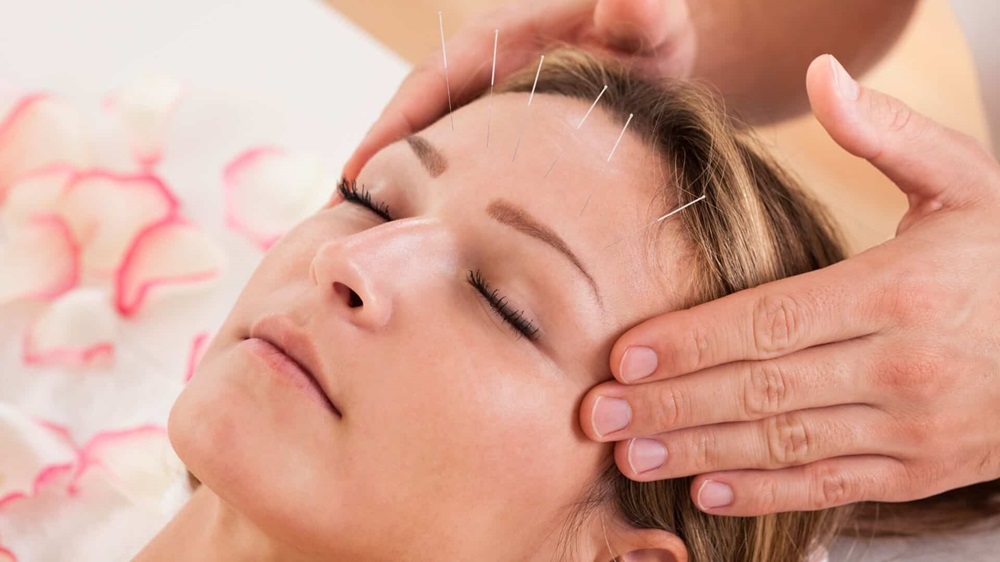Acupuncture is a traditional Chinese medical practice that involves inserting thin needles into specific points on the body to stimulate energy flow or Qi (pronounced "chee"). The goal of acupuncture is to restore balance and promote the body's natural healing processes.
Here are some key points about acupuncture therapy:
-
Philosophy: Traditional Chinese medicine is based on the concept of balancing the flow of Qi, which is believed to be essential for maintaining good health. Imbalances or blockages in the flow of Qi are thought to lead to illness or pain.
-
Meridians: Acupuncturists identify specific points along pathways known as meridians, where they insert needles. These meridians are thought to correspond to different organs and systems in the body.
-
Needles: Acupuncture needles are very thin, and their insertion is generally not considered painful. They are typically made of stainless steel and are disposable. The depth of needle insertion and the specific points chosen depend on the individual's condition and the acupuncturist's assessment.
-
Stimulation: Once the needles are inserted, they may be manipulated manually or stimulated using electrical impulses. The idea is to enhance the flow of Qi and promote balance.
-
Conditions Treated: Acupuncture is used to address a variety of health issues, including pain management (such as chronic pain, headaches, and arthritis), stress and anxiety reduction, digestive problems, respiratory conditions, and more. Some people also use acupuncture as a complementary therapy for certain chronic conditions.
-
Scientific Understanding: While traditional Chinese medicine explains acupuncture in terms of balancing Qi, Western medicine often interprets its effects through the lens of neurophysiology. Acupuncture is believed to stimulate nerves, muscles, and connective tissue, leading to various physiological effects, such as the release of endorphins (natural painkillers) and changes in blood flow.
-
Safety: When performed by trained and qualified practitioners, acupuncture is generally considered safe. The use of sterile needles helps prevent infections. It's essential to seek acupuncture from licensed and reputable practitioners.
It's important to note that while there is some scientific evidence supporting the effectiveness of acupuncture for certain conditions, more research is needed to fully understand its mechanisms and benefits. Additionally, individual responses to acupuncture can vary, and it may not be suitable for everyone. Always consult with healthcare professionals before starting any new therapeutic approach.



